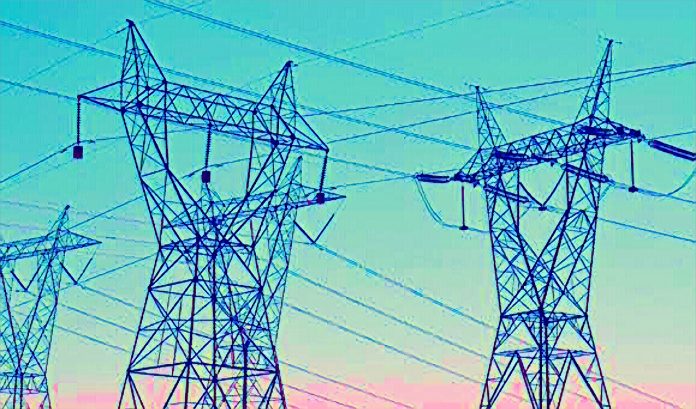KEY POINTS
- 85.2% of Nigerian households are on estimated billing, while 14.8% use prepaid meters.
- The NBS report shows households spend an average of ₦4,155.8 monthly on electricity.
- 67.8% of households use fuelwood for cooking, farming, and other purposes.
The National Bureau of Statistics (NBS) has reported that 85.2% of households in Nigeria connected to the national power grid are being charged using estimated billing, while only 14.8% use prepaid meters.
This information was shared in the 2024 Nigeria Residential Energy Demand-Side Survey (NREDSS) report, which was presented by Prince Adeyemi Adeniran, the Statistician General of the Federation and CEO of the NBS, during a press briefing in Abuja.
Adeniran explained that 58% of the households surveyed are connected to the national grid, and 86.6% of these households had electricity during the period covered by the survey. The report also found that the average monthly spending on electricity by households was ₦4,155.8.
According to a report by Vanguard, the survey was a joint effort by the NBS, Ministry of Power, Energy Commission of Nigeria (ECN), International Energy Agency (IEA), and the European Union (EU). Its aim was to find out how much energy is used by households in Nigeria in 2024.
Energy use and spending
Adeniran said the survey is important because there has been a lot of talk about energy use, electricity bills, and power supply in Nigeria. He said the report offers useful information for the government, energy companies, and the public, as Nigeria works to improve the energy sector.
“This report gives us facts that will help make better decisions about energy in Nigeria,” Adeniran said. He added that having affordable and reliable energy is important for economic growth and is a basic human right.
The survey also looked at how households use energy for things like cooking, lighting, and cooling.
Key findings on fuel use
Adeniran shared some important findings, including that 41% of households reported buying fuelwood, while 39% collect it themselves. About 18.9% of households get fuelwood in other ways, such as through barter or as gifts.
The report found that 67.8% of households use fuelwood for cooking, farming, business, cultural, or religious purposes. Of the fuelwood collected, 55.3% came from branches, stems, and trees.
Charcoal was used by 22% of households, with 21.6% buying it and smaller numbers producing it themselves or getting it in other ways.
Policy recommendations
Adeniran said understanding how energy is used in households is important for creating good policies. “This data will help the government plan better to meet Nigeria’s energy needs,” he said.
The survey’s findings on electricity access, energy costs, and efficiency will guide Nigeria’s energy policy in the future.



